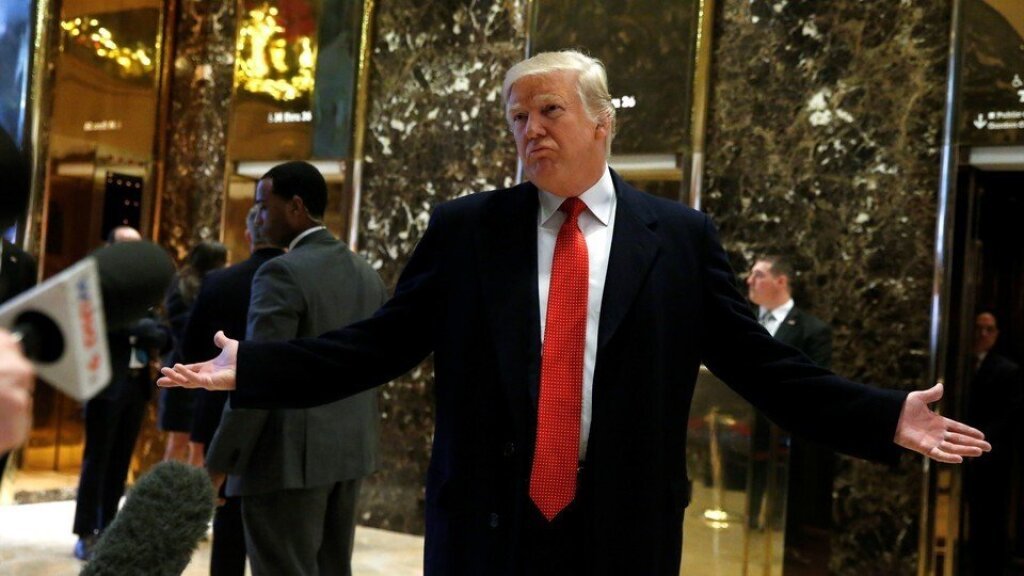Poker is much more than a game of chance. Good players don’t just look at their cards – they build strategy, gather information, assess risk, and learn how to make optimal decisions based on incomplete data. While luck plays a role, over time it fades in importance compared to consistency and adaptability. This kind of thinking works not only at the poker table, but also in business, career-building – and even in politics.
It’s no coincidence that Donald Trump is known to enjoy poker and sees it as part of American tradition. His style often resembles that of an aggressive player: he’s not afraid to take big risks, frequently tries to bluff, and proudly claims he loves surprising his “opponents.”
But would Trump actually make a good poker player?
A Genius Who Wrote the Answer – 80 Years Ago
A recent opinion piece published in The Forward suggests: probably not – at least not according to the game theory of John von Neumann.
Born in Budapest, von Neumann was one of the most influential scientists of the 20th century. He helped lay the foundations of modern computing and quantum mechanics, and also developed one of the first scientific approaches to strategic thinking in poker.
His most important work, Theory of Games and Economic Behavior, published in 1944, includes an entire chapter on poker – specifically the mechanics of bluffing. According to von Neumann, poker isn’t about the cards you’re dealt, but about who can better read their opponents’ intentions and deliberately create strategic uncertainty, while maintaining consistency and predictability in decision-making.
Trump – A Predictable Poker Maniac?
Trump’s economic policy – especially his erratic imposition and withdrawal of tariffs – is, according to the article, not a calculated tactic to create uncertainty, but rather a sign of inconsistency in decision-making.
John von Neumann’s game theory stresses that successful players make their decisions within a clearly defined, predictable strategic framework – but know how to maintain the illusion of unpredictability within that structure.
According to the article, Trump regularly tries to surprise his opponents, but his actions don’t follow a coherent strategic system. That’s what makes him predictable. World leaders – from business partners to political allies – have learned how to “play” against Trump: they understand that his pressure tactics are often nothing more than a series of bluffs, rarely followed by consistent action or lasting results.
Tilt – What Happens When a Maniac Starts Losing
In poker, maniac players – those who raise recklessly, bluff constantly, and seem unpredictable – can appear dangerous at first. But as more hands are played, their patterns become visible, and skilled opponents learn exactly how to exploit them. In politics, the same logic applies: without a well-built strategic framework and with too much bluffing, any short-term advantage is fragile – and often backfires.
The article concludes that the real risk emerges when a maniac realizes they’re losing – and that everyone at the table sees through them. Instead of adapting, they go on tilt – and flip the table. In politics, that can mean rash decisions, chaos, and escalation, whether on the global stage or in domestic affairs.
Do you agree – or does this piece underestimate Trump, who might just be a sharper “player” than he gets credit for?

















0 comments